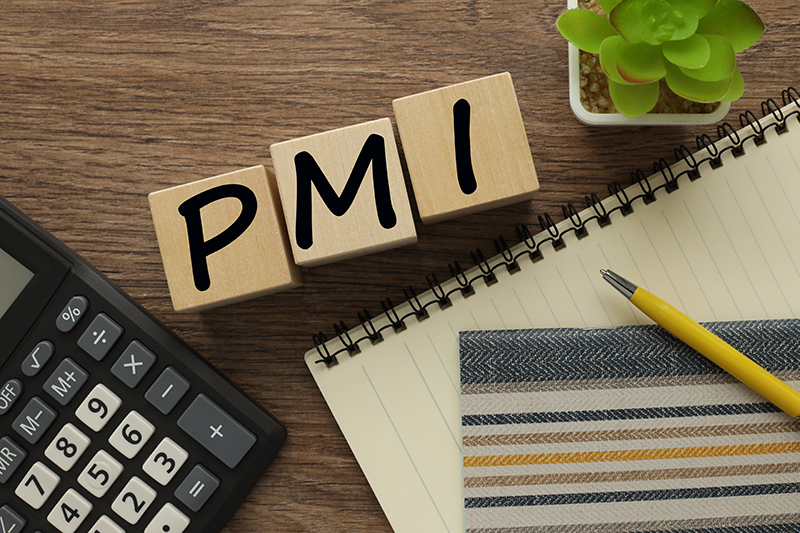Is PMI Tax Deductible?
January 07, 2025 by Karen Thomas-Brandt, EA
What is PMI?
PMI, or Private Mortgage Insurance (also called MIP, mortgage insurance premium), is a premium that borrowers are usually required to pay if their mortgage's loan-to-value ratio is more than 80%. For example, if you purchase a home for $100,000, your mortgage must be less than $80,000 (80% of $100,000) to avoid paying PMI. The amount of PMI charged can be up to 1% of the loan amount annually. Mortgage insurance provided by the Department of Veterans Affairs is commonly known as a "funding fee." If the Rural Housing Service provided it, it would commonly be known as a "guarantee fee." PMI, funding fees, and guarantee fees can be deductible if you qualify.
Who can claim PMI?
In order to deduct PMI, a few requirements must be met:
- Your mortgage loan must have been taken out between January 1, 2007, and December 31, 2021; therefore, the mortgage insurance contract must have been issued after 2006 and before 2022 (expired on December 31, 2021) to be deductible. A deduction should not be taken for amounts prepaid for a later year. Prepaid mortgage insurance premiums must generally be allocated over the shorter of the stated mortgage term or 84 months (7 years), beginning with the month the insurance was obtained. The chief qualifier was whether the premiums paid for the insurance were a percentage of the amount borrowed; if the premium amounts paid were a percentage, then the PMI could be treated as home mortgage interest and is deductible on Schedule A.
- Since PMI is deducted on Schedule A, you must itemize your deductions to benefit from the PMI deduction.
- The mortgage on which you pay PMI must be used to buy or improve your primary or secondary residence.
- This deduction starts to phase out when your adjusted gross income exceeds $100,000 ($50,000 for MFS) and is completely gone if your income exceeds $109,000 ($54,500 for MFS).
Is a PMI deduction currently available?
The PMI deduction became deductible starting with the 2007 tax year. While the legislation allowing the deduction was extended periodically, it expired after the end of the 2021 tax year. But, like all tax laws, you never know when it might return!
Is there anything else I should know about PMI?
If you find yourself paying PMI in 2024, you may want to check your current mortgage balance, the current market value of your home, and your loan terms. Most loans have PMI because the loan-to-value ratio was more than 80% when the loan was incurred. Said another way, your equity in the home was less than 20% of the value. If your equity increases to more than 20%, many lenders may be willing to cancel the PMI. If they are unwilling to cancel the PMI, you may want to consider refinancing. The consideration to refinance your home mortgage is a non-tax related matter and your situation and loan terms may vary, so you would need to check with your lender to learn about your options. You may need to be proactive, as many lenders will not notify you when paying PMI is no longer necessary.





